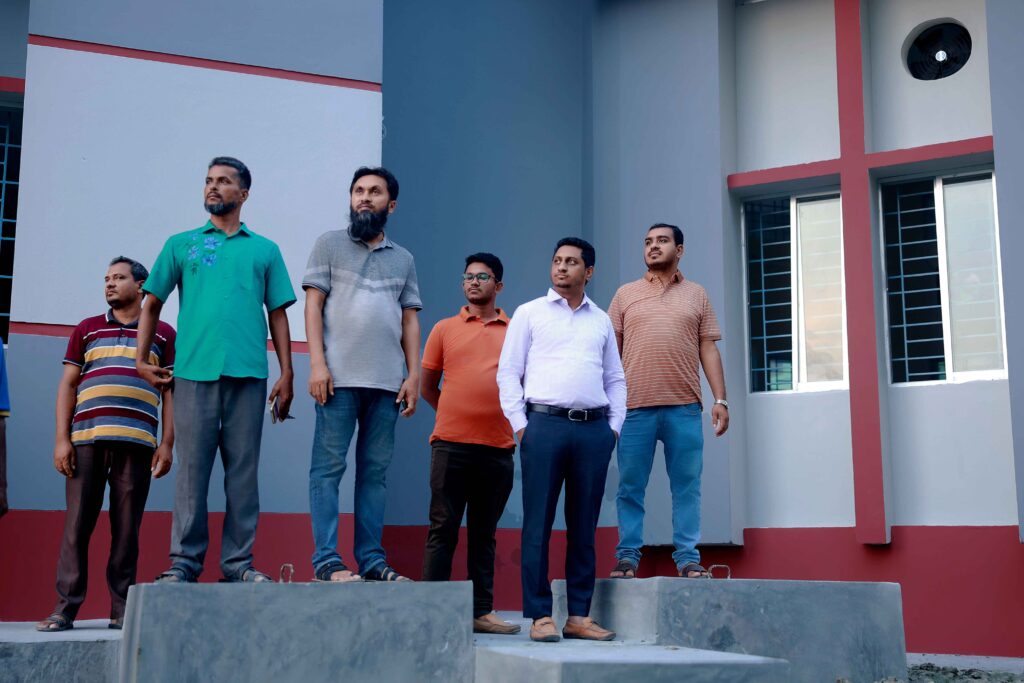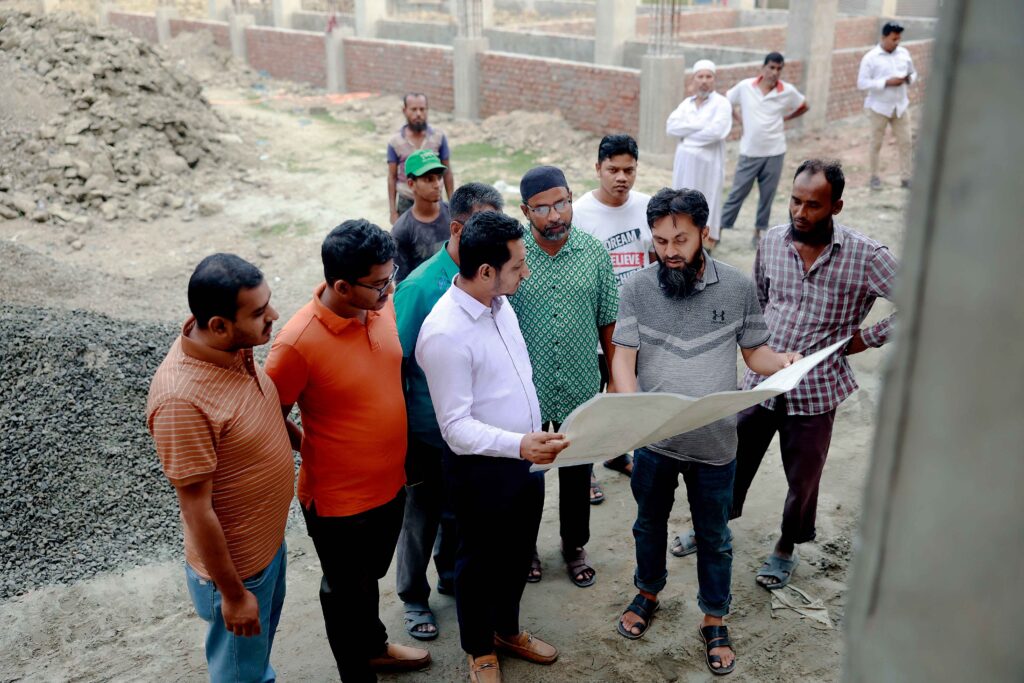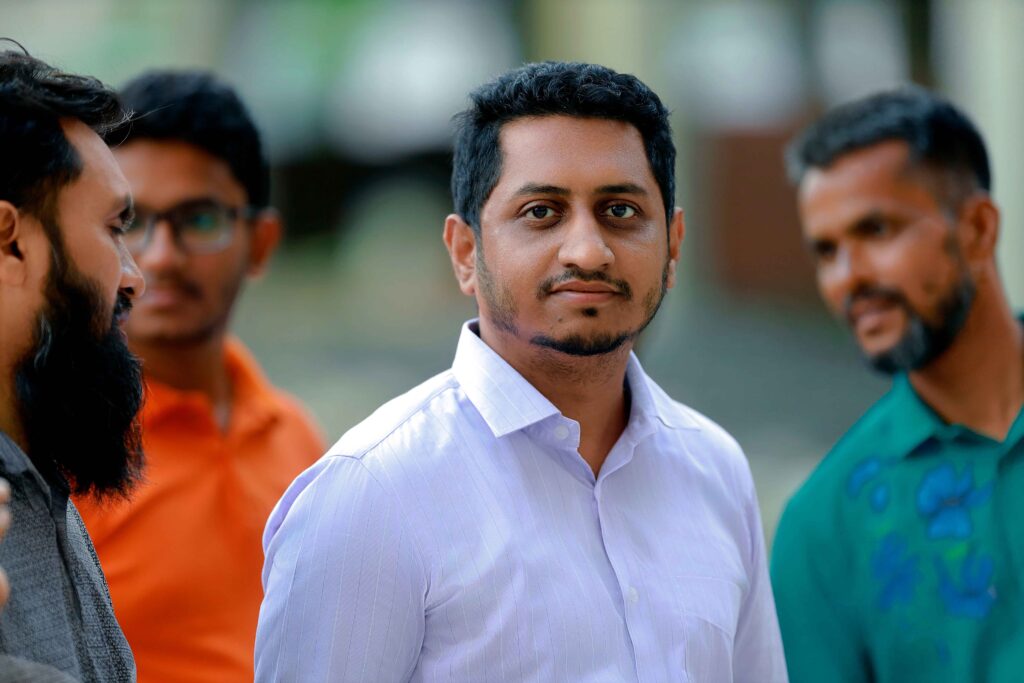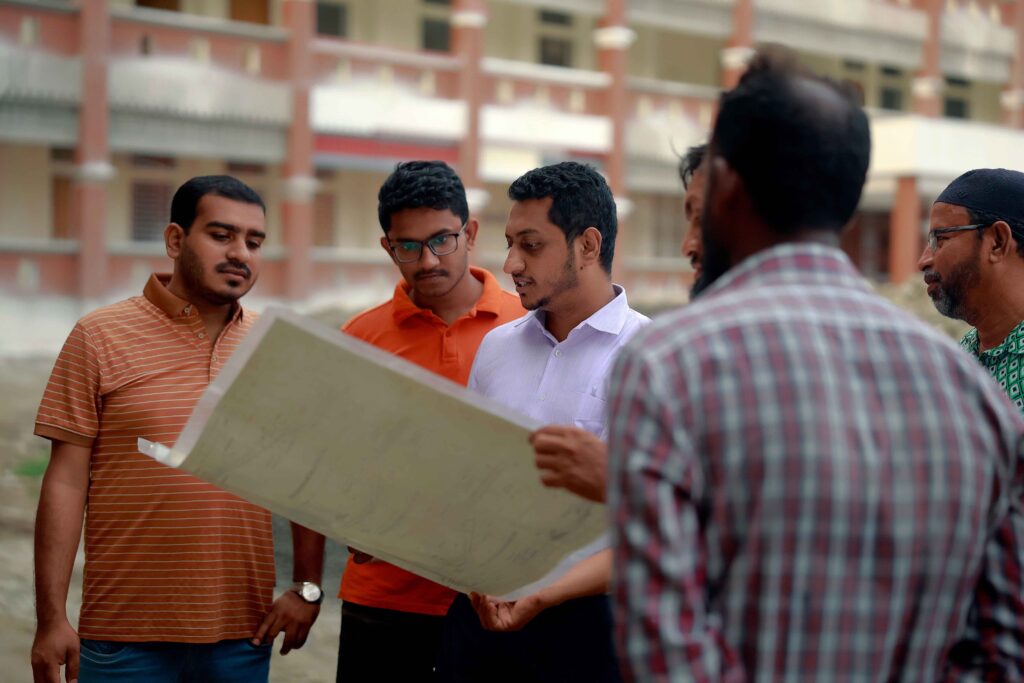Modern Civil Engineering: Building Educational Infrastructure for the Future
In the dynamic landscape of education, the role of civil engineering in shaping modern educational infrastructure is pivotal. As societies evolve and educational needs expand, civil engineers are at the forefront, designing and constructing facilities that foster learning, innovation, and sustainability. This blog explores the essential aspects of modern civil engineering in building educational infrastructure, highlighting key trends, challenges, and innovations shaping the field today. Understanding the Scope of Educational Infrastructure Educational infrastructure encompasses a diverse range of facilities, from schools and universities to research centers and libraries. Each of these structures must not only accommodate the educational activities within but also provide a conducive environment for learning, collaboration, and growth. Modern civil engineers tasked with designing and constructing these facilities face the challenge of balancing functionality, aesthetics, and sustainability. Key Trends in Modern Civil Engineering for Educational Buildings 1. Sustainable Design and Construction: One of the most significant trends in modern civil engineering for educational infrastructure is sustainability. Engineers are increasingly integrating green building practices, such as energy-efficient designs, use of renewable materials, and incorporation of green technologies like solar panels and rainwater harvesting systems. These practices not only reduce environmental impact but also promote healthier indoor environments conducive to learning. 2. Technological Integration: The rapid advancement of technology has revolutionized educational infrastructure. Civil engineers are leveraging Building Information Modeling (BIM) for precise design visualization and project management. Additionally, technologies like augmented reality (AR) and virtual reality (VR) are used for immersive design reviews and stakeholder engagement, ensuring that educational facilities meet the evolving needs of students and educators alike. 3. Flexibility and Adaptability: Educational institutions are increasingly adopting flexible learning environments that can adapt to diverse teaching methods and technological advancements. Civil engineers play a crucial role in designing adaptable spaces that can be easily reconfigured or expanded as educational programs evolve. Modular construction techniques are also gaining popularity for their efficiency and flexibility in meeting tight project schedules while minimizing disruption to ongoing educational activities. Challenges Facing Modern Civil Engineers While the opportunities in modern civil engineering for educational infrastructure are vast, several challenges must be addressed: 1. Budget Constraints: Educational institutions often operate within tight budgetary constraints, requiring engineers to find cost-effective solutions without compromising on quality or sustainability. 2. Aging Infrastructure: Many educational facilities worldwide are aging and in need of renovation or replacement. Retrofitting existing buildings to meet modern standards while preserving historical significance poses unique challenges for civil engineers. 3. Safety and Resilience: Designing educational infrastructure to withstand natural disasters and other emergencies is critical. Civil engineers must prioritize safety and resilience in their designs, incorporating robust structural systems and emergency preparedness measures. Innovations Shaping the Future The future of civil engineering in educational infrastructure is driven by innovation: 1. Smart Buildings: Integration of IoT (Internet of Things) technology allows for real-time monitoring of building systems, enhancing energy efficiency and operational performance. 2. Sustainable Materials: Advances in sustainable building materials, such as engineered timber and recycled materials, are reducing carbon footprints and promoting environmentally friendly construction practices. 3. Community Engagement: Civil engineers are increasingly involving stakeholders, including students, educators, and community members, in the design process. This participatory approach ensures that educational facilities meet the unique needs and aspirations of their users. Conclusion In conclusion, modern civil engineering plays a crucial role in shaping educational infrastructure for the future. By embracing sustainability, technological innovation, and flexibility, civil engineers are creating environments that not only support learning and collaboration but also contribute to the well-being of students, educators, and communities at large. As we look ahead, the field of civil engineering will continue to evolve, driven by a commitment to excellence and a vision for educational facilities that inspire and empower generations to come.
Modern Civil Engineering: Building Educational Infrastructure for the Future Read More »



